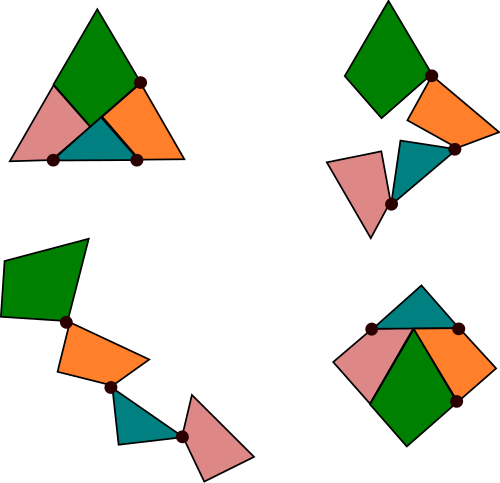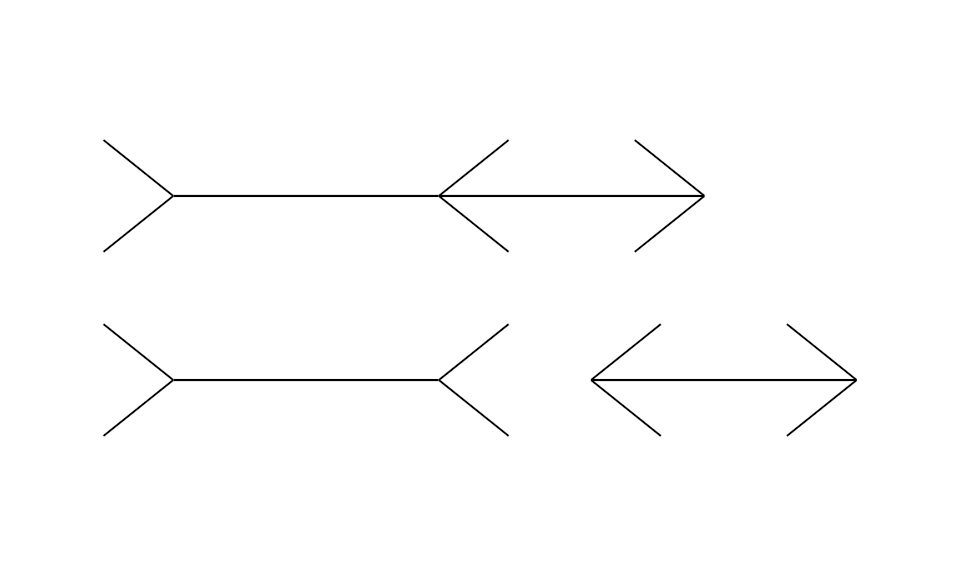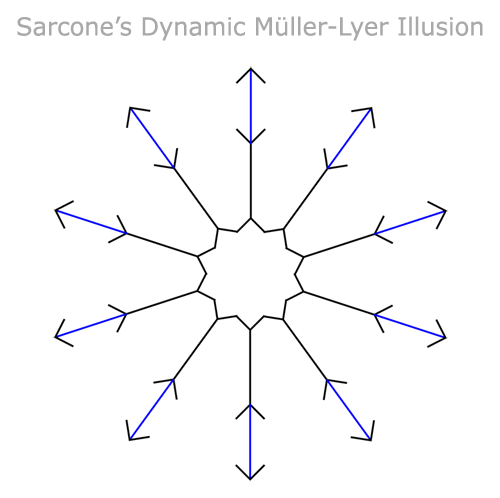“A few precepts to repeat whenever you are in need of comfort,” by Gabriel Hanotaux, French minister of foreign affairs from 1894 to 1895:
- Anything can happen.
- Everything is forgotten.
- Every difficulty can be overcome.
- No one understands anything.
- If everyone knew what everyone said about everyone, no one would speak to anyone.
“Above all things, never be afraid. The enemy who forces you to retreat is himself afraid of you at that very moment.”
(Via André Maurois’ The Art of Living, 1939.)





